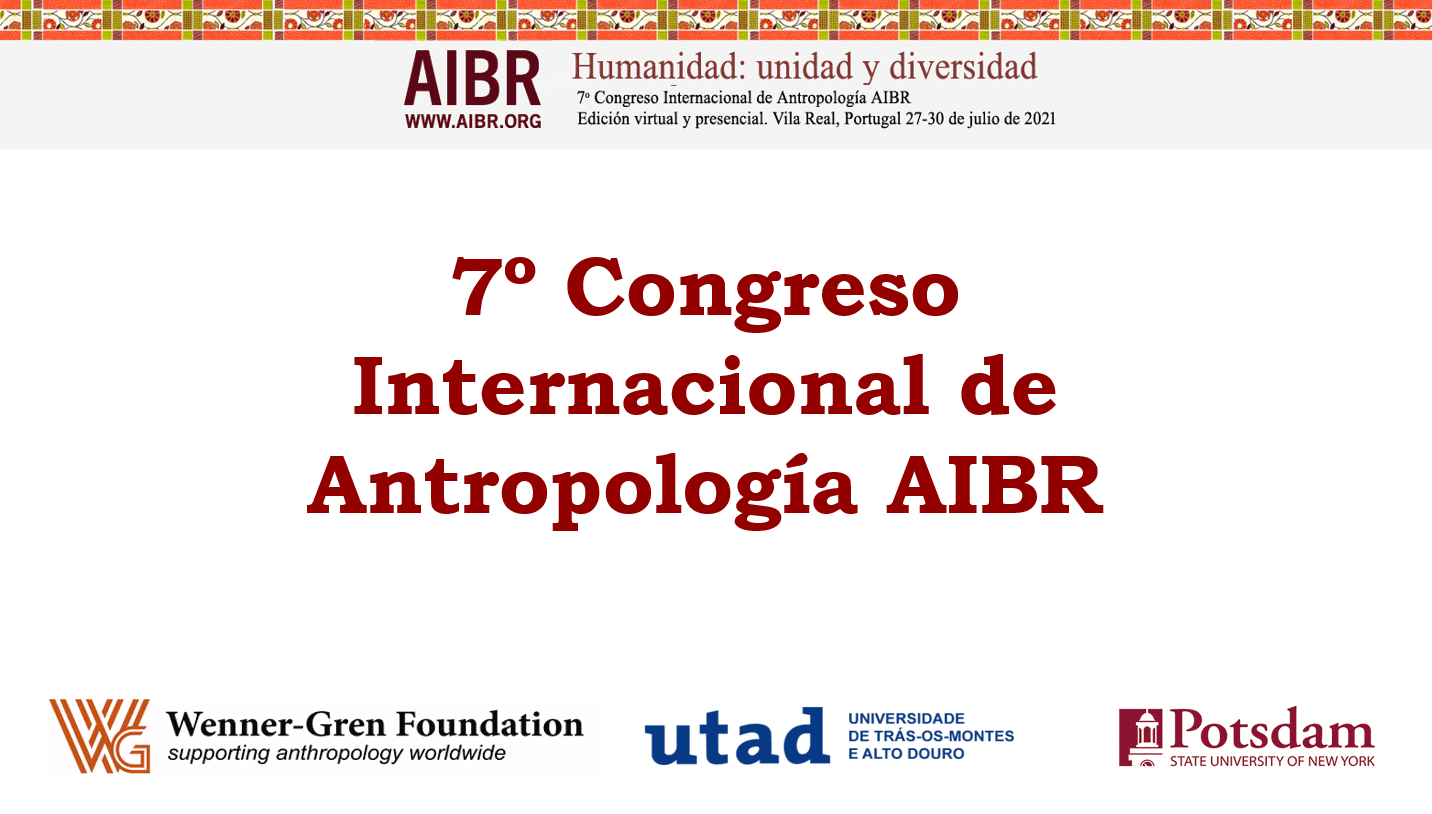The Art of Ethnography in Troubled Times
In May of this year gunmen riding on motorcycles looted shops, stole cattle and killed 20 people in the Tillaberi Region of Niger—the latest in a two-year cycle of Al Qaeda-inspired violence. This news filled me with sadness. Having spent many years in Tillaberi I harbor wonderful memories of gracious and dignified people, sweeping vistas of the Niger River snaking its way through majestic dunes and sandstone buttes, and hunger-inducing aromas of kabobs cooking on makeshift grills. My teacher, Adamu Jenitongo, lived in a dune-top compound in Tillaberi, the site of many compellingly beautiful traditional religious rituals. What had once been social life characterized by widespread tolerance has been replaced with religious zealotry.
The dysfunction that has shredded the social fabric in Tillaberi, Niger is, of course, not an isolated phenomenon. These days we live in world in which we can no longer ignore systemic racism, ethnic discrimination, religious intolerance, and income inequality, not to forget the social and economic devastation of the coronavirus pandemic.
How can anthropologists meet the challenges of our troubled times?
In this lecture I suggest that we confront our obligations as scholars and admit that many of our longstanding set of methods and denotative conventions of representation are no longer in sync with the state of contemporary social, political, environmental and economic dysfunction. In the coming months
…will we be able to pay our bills, our rents, our mortgages?
…will we be able to feed our children and keep them safe?
…will the covid-19 virus infect our loved ones? And if it does, will we survive?
In anthropology we know a great deal about these existential issues, but because of our reliance on established conventions of representation, our insights have often had admittedly limited appeal. To meet the existential challenges of contemporary times, I propose that anthropologists plunge into the art of ethnography, in which ethnographers sensuously articulate dimensions of locality, language, and character. Borrowing techniques from film, poetry, and fiction, artfully inspired ethnographers can craft ethnographic narratives in text and film that can connect the public to the idiosyncrasies of people and place. In so doing, I argue, an artful ethnography has the potential to bring to the public sphere a nuanced wisdom of others, the very foundation of anthropological insight. Such wisdom can set a course that ultimately leads to meaningful change and social justice. In our current circumstances I may only be able to do virtual fieldwork in Tillaberi and New York City, but I, like all anthropologists, can work to produce artful ethnography that showcases the inspirational resilience of human beings in the world.










